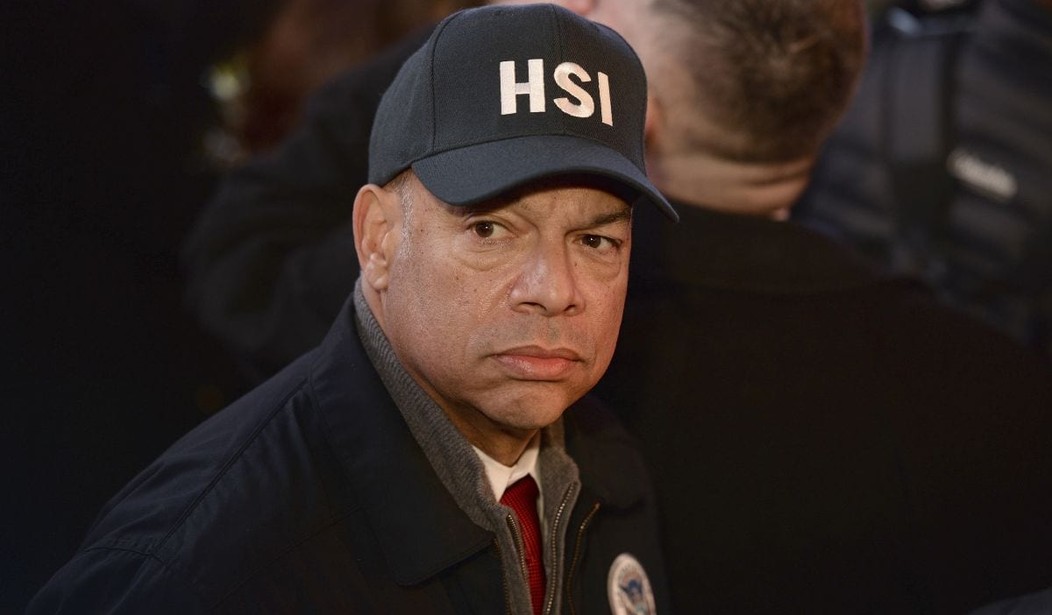A power grab by a dying administration.
The Department of Homeland Security has declared state election systems “critical infrastructure.” The designation will give DHS virtual control over local, state, and national elections in the United States.
The move has come in response to reports from U.S. intelligence agencies that Russia tried to influence the elections, even though no critical computer systems were penetrated, nor were voting machines hacked.
Basically, DHS believes that in the future, states will be vulnerable and efforts will be made to penetrate state computer networks in order to tamper with elections.
The new designation will cover storage facilities, polling places, and centralized vote tabulations locations used to support the election process, as well as information and communications technology like voter registration databases, voting machines and other systems used to manage the election process and report results.
Some state and local election officials have expressed strong opposition to applying the designation in the past, arguing that it is a federal overreach.
Before the election, Georgia Secretary of State Brian Kemp argued against designating the elections a critical infrastructure, arguing that states can make more nimble choices for their own communities without assistance from the federal government.“Designating voting systems or any other election system as critical infrastructure would be a vast federal overreach, the cost of which would not equally improve the security of elections in the United States,” he said in an email to Nextgov in August.Johnson said he is aware of the opposition he faces.“Prior to reaching this determination, my staff and I consulted many state and local election officials; I am aware that many of them are opposed to this designation,” Johnson said Friday.
“This designation does not mean a federal takeover, regulation, oversight or intrusion concerning elections in this country. This designation does nothing to change the role state and local governments have in administering and running elections.”
Instead, he argued, it will allow the DHS to prioritize cybersecurity assistance to officials who request it and serve as deterrent to foreign interference.
“The designation makes clear both domestically and internationally that election infrastructure enjoys all the benefits and protections of critical infrastructure that the U.S. government has to offer,” Johnson said.
What can DHS do to secure elections that states aren’t doing already? If they wanted to recommend cybersecurity experts to work with states, that would be fine. But anything beyond an advisory role for DHS becomes problematic. By its very nature, DHS must exercise control to install its recommendations. Even in a Trump administration, DHS would be inclined to get control of the process.
Many states are rightfully concerned, despite Johnson’s bland assurances. Who knows what DHS could do? Perhaps they would rule that voter ID laws harm the process or make it more likely that a system would be hacked? It wouldn’t be the first time a federal agency looked for excuses to exercise control.
Trump’s pick to head up DHS, John Kelly, should roll back this designation and protect a state’s right to run its own elections as it sees fit.










Join the conversation as a VIP Member